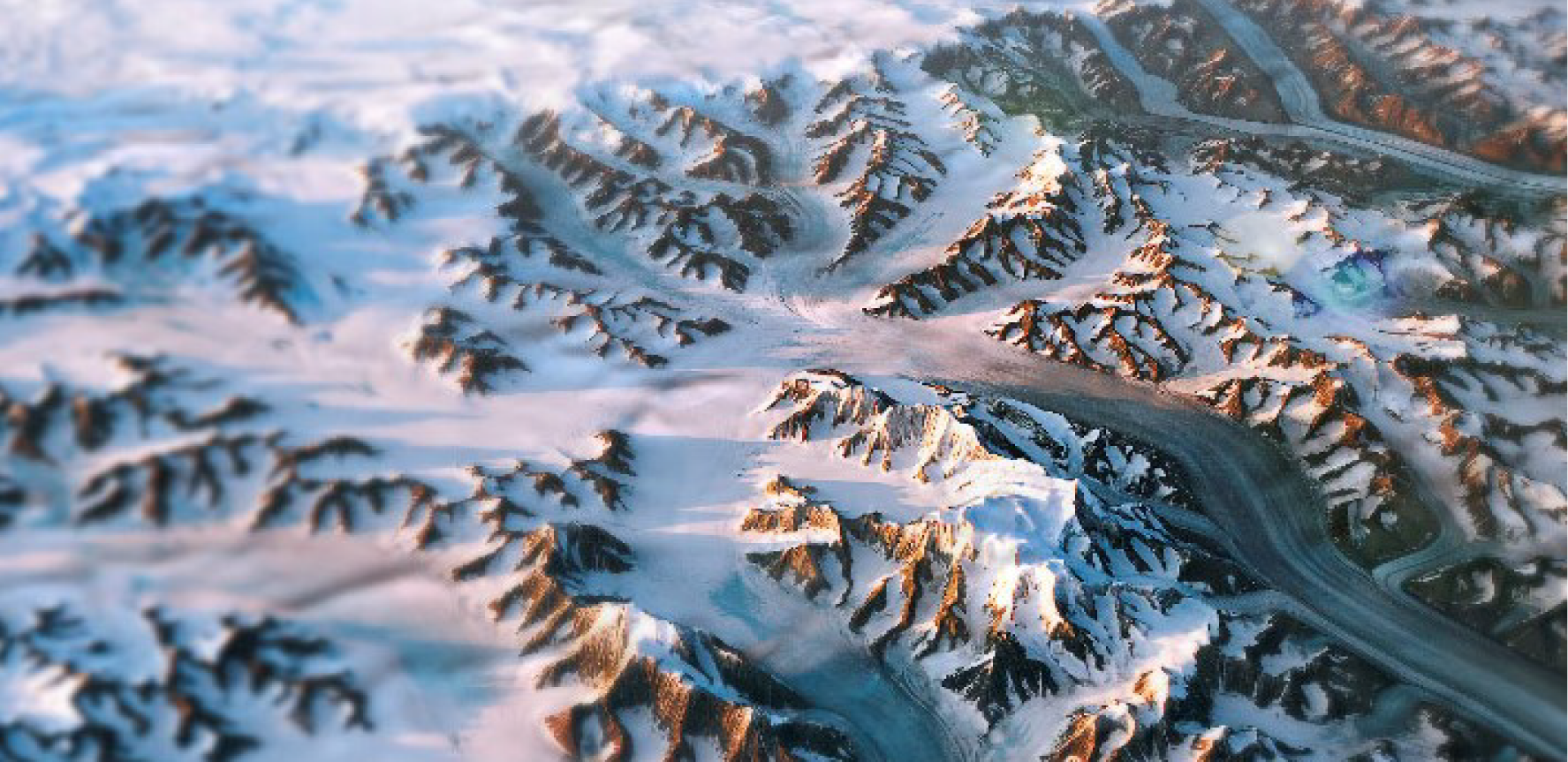
Why study Earth Sciences?
Understanding our planet is vital to tackling the global challenges our society faces - be it climate change, environmental hazards, working towards a successful green energy transition or identifying sustainable resources for new technologies. By studying Earth Science, you can be part of the solution.
Our Department aims to help shape the future by providing world-leading education and undertaking excellent earth, environmental and planetary research in a welcoming and inclusive environment.
Study with us:
The University of Cambridge has a long heritage of teaching Earth Sciences as part of the Natural Sciences Tripos, and our Department regularly features at the top of University rankings, including the Complete University Guide.
Our degree equips you with a broader scientific training than on offer at most other institutions, which makes Cambridge graduates highly sought after. Our graduates go on to work in wide ranging sectors, including environmental geology, green energy solutions, hazards management or even disaster risk reduction and reinsurance.
How we teach:
Our Department, embedded within the supportive framework of the collegiate system, prides itself on its friendly, vibrant community and excellent teaching and research facilities. During term time, students can expect three one-hour lectures and three one-hour practical classes each week - giving you the opportunity to put your learning into action.
Students also have weekly supervisions – small group tutorials with a graduate member of staff who is likely an expert in their field. Unique to Oxbridge, these intellectual discussions give you the chance to explore your subject more deeply, whilst testing your ideas and interests.
Field trips, both in the UK and oversees, allow you to put your learning into practice. During the Easter vacation, we visit the Isle of Arran in Scotland, a small island packed with exciting and varied geology. Here you can step back in time, explore the deposits of Devonian rivers, Carboniferous swamps and Permian deserts, and walk through the roots of a Tertiary volcano.
Our Department’s research is multidisciplinary and world leading, with focuses on climate change, natural hazards, palaeontology, environmental science, planetary science and more. Through lectures, supervisions and seminars you can immerse yourself in discussions at the forefront of your discipline. We are also one of the few Earth Science Departments to be connected with a dedicated geology museum – The Sedgwick, which hosts more than 2 million rocks, minerals and fossils!
